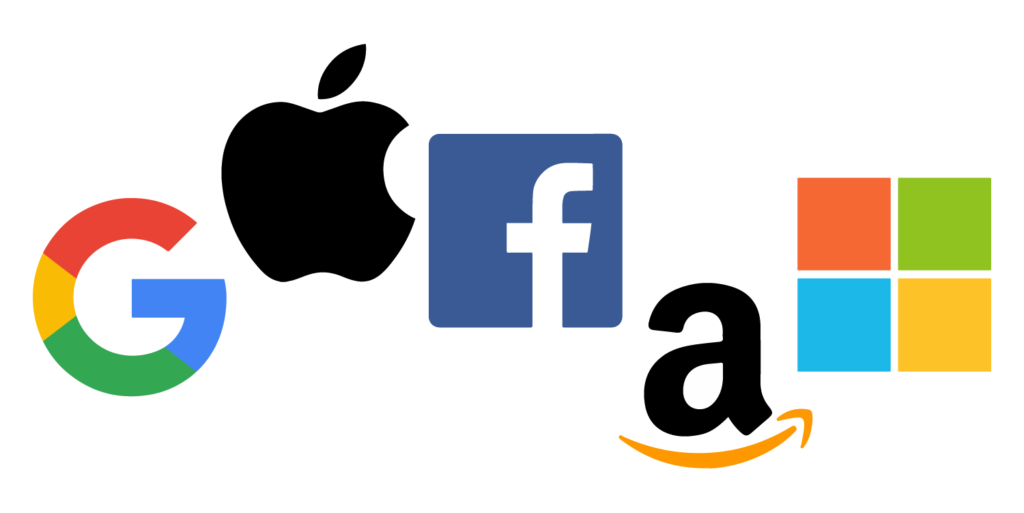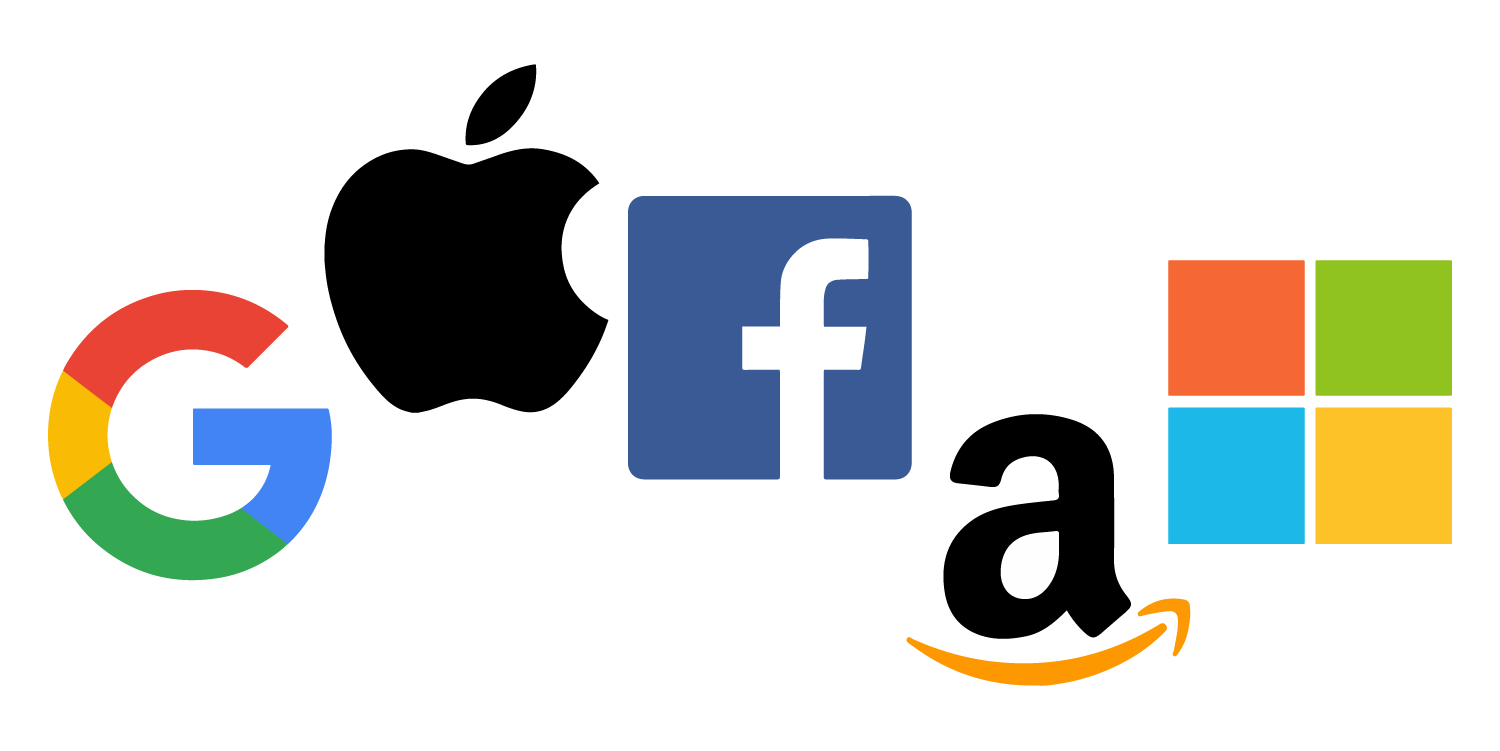The big US giants are once again in the sights of the authorities. In Great Britain, the competition watchdog is currently taking care of the smartphone market with the duopoly of Google and Apple. In Belgium, however, there are proceedings against Facebook.

Apple, Facebook and Google are once again targeted by the authorities. British competition watchdogs are currently scrutinizing the smartphone market with its only two large platforms. Google and Apple de facto have a duopoly position in operating systems, app stores and web browsers, said the competition and markets authority (CMA). She now wants to check whether this slows down innovation and leads to higher prices for consumers.
More than 80 percent of the smartphones sold worldwide run with the Google Android operating system. Apple with its iPhones practically holds the rest of the market, other software hardly plays a role.
The situation is similar for the download platforms. On the iPhones, applications can only be downloaded from Apple’s App Store. Other platforms are also permitted for Android, but most users use Google’s Play Store for this.
Similar studies on competition in the smartphone market have already been carried out in Japan, among others.
Facebook also has to fear: National data protection authorities can take action against violations by companies in exceptional cases, even if their headquarters are in another country. This emerges from a judgment published on Tuesday by the European Court of Justice (ECJ) to the disadvantage of Facebook.
The background is a case from Belgium. The competent national court ruled that “the social network Facebook did not adequately inform Belgian internet users about the collection and use of the information in question”, according to a statement from the ECJ.
Facebook appealed, arguing, among other things, that the Belgian authorities were not competent. It is true that it is fundamentally the task of the lead authority to decide whether the conduct of a company violates the General Data Protection Regulation. However, you cannot make a decision on your own, but must work “loyally and effectively” with the other supervisory authorities concerned. There are also exceptions, for example if a case is only related to a branch in the respective country or only people from the member state are affected.
“The Internet giants will find it more difficult in future to evade effective control through a clever choice of location,” said Bavaria’s Justice Minister Georg Eisenreich (CSU). This strengthens the rights of consumers, who are entitled to transparent rules and secure procedures for protecting their personal data.
